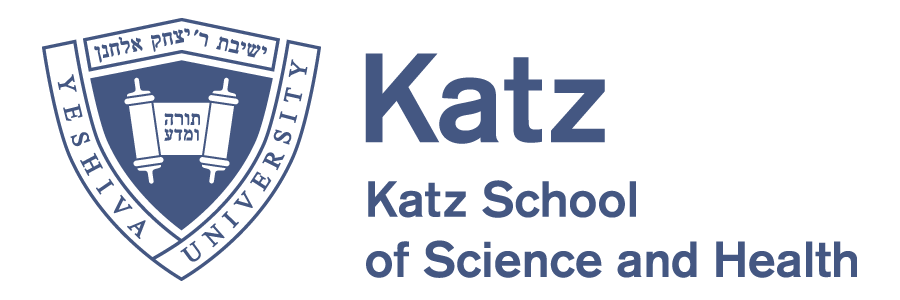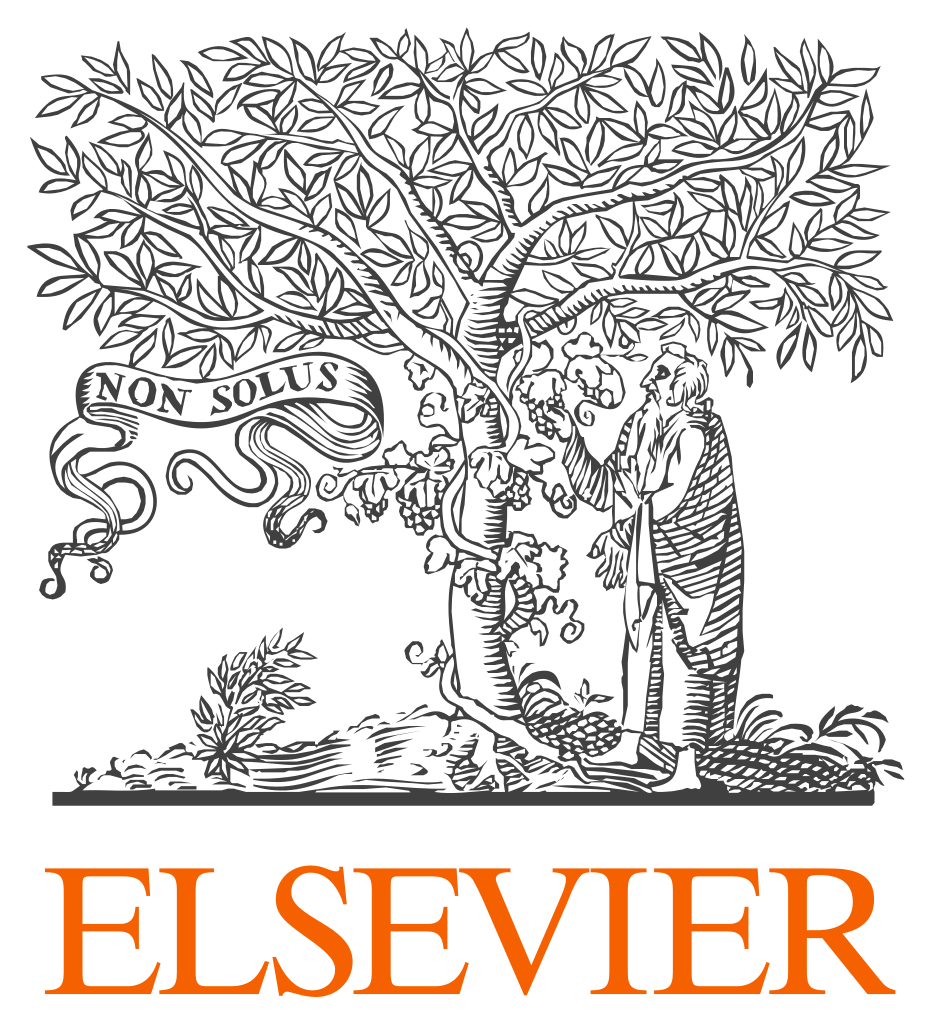Foundation Models and Statistics for the Emerging Digital Twins Paradigm
In conjunction with IEEE/ACM CHASE 2025, Manhattan, New York City, USA.
A digital twin (DT) is a virtual representation of real-world complex systems. DT employs both real time information and historical records along with various AI-based approaches to improve decision-making under uncertainty. As per the 2023 National Academies of Sciences, Engineering, and Medicine (NASEM) Report on Foundational Research Gaps and Future Directions for Digital Twins, “a digital twin is a set of virtual information constructs that mimics the structure, context, and behavior of a natural, engineered, or social system (or system-of-systems), is dynamically updated with data from its physical twin, has a predictive capability, and informs decisions that realize value. The bidirectional interaction between the virtual and the physical is central to the digital twin.” That is, the key for the DT models is to accurately mirror physical entities, offering a dynamic feedback between the reality and its virtual representation. Armed with the AI tools, the DT paradigm opens a broad range of new opportunities for modeling complex systems in a reality-friendly manner and to assess various “what-if” scenarios. For example, in the context of biosurveillance DTs can assist to validate the efficacy of the new mitigation strategies, assess preparedness of the society to the emerging pandemic, and to forecast the public response to the most negative outcomes, thereby allowing to develop proactive public health policies. In turn, in healthcare sciences, virtual representations of human physiology and pathology have the potential to enable novel pathways for the development and evaluation of new biomedical technologies using in-silico trials.
However, as the NASEM Report indicated achieving this vision requires development of novel statistical foundations allowing for addressing such fundamental questions in DTs as verification, validation, and uncertainty quantification (VVUQ) which would enable building confidence and trust in digital twins, robustness of DTs to uncertainties, and cohesive integration of multi-modal data at disparate scales. In this session, we aim to highlight the strategic and unique role of modern statistical methods for developing reliable AI tools for trustworthy DTs and adopting them in practice.
The workshop will provide an open forum for statisticians, AI experts, machine learning and data scientists, engineers, and healthcare professionals to discuss the cutting-edge open problems in analysis, modelling and inference for digital twins and the associated AI methods and foundation models. A wide variety of interdisciplinary topics, including but not limited to validation of DTs, DT model and data interoperability, DT robustness and generalizability, fairness of the AI algorithms behind DTs, and data privacy, will offer a unique perspective for the DT synthesis, creation, and transfer, while allowing statisticians to identify multiple future key avenues for statistical research in theory and applications of the DT technology and AI behind them.
The one-day workshop will feature a variety of interactive sessions to foster collaboration and knowledge exchange:- Keynote Presentations: Expert insights on the latest advancements and future trends in digital twins for healthcare applications.
- Paper Presentations: Contributed papers showcasing novel research findings, technical innovations, and experimental results in healthcare digital twins.
- Panel Discussions: Expert panels discussing emerging challenges, best practices, and opportunities for integrating digital twins into clinical practice.
- Poster Sessions: Opportunities for presenting ongoing research, early-stage projects, and innovative ideas related to healthcare digital twins.
- AI researchers specializing in digital twins and leveraging digital twins for healthcaresystem engineering.
- Healthcare professionals (e.g., clinicians, radiologists, biomedical engineers) interested in adopting digital twin technologies for medical diagnostics, treatment planning, and patient care.
- Developers and engineers involved in designing and implementing digital twins for telemedicine platforms, medical imaging systems, etc.
- Ethicists, policymakers, and regulatory experts focused on the ethical and societal implications of digital twin technologies in healthcare, hazard preparedness, etc.
Call for papers
We invite paper submissions that have not been published, falling in but not limited to the following topics we mentioned. We encourage authors to involve multidisciplinary experts, especially the health community (e.g., stakeholders) in writing the papers, which ensures the developed methods can address emerging stakeholders' concerns. The paper will be formatted as a 4-page length and submitted through OpenReview with at least 3 reviews per paper. All papers should be formatted according to the ACM guidelines.
All submissions will be due on February 1st, 2025. We will notify the authors of the final paper decisions on March 3rd, 2025, AoE. Accepted papers will be non-archival and presented on the workshop website.
Submission Site:
https://openreview.net/group?id=ACM.org/CHASE/2025/Workshop/FMS-DT#tab-recent-activityImportant Dates of Digital Twins Workshop:
- Workshop Paper Submission Deadline: February 16, 2025 (Firm).
- Workshop Paper Acceptance: March 10, 2025.
Workshop Organizers
-
Yuzhou Chen
University of California, Riverside -
Yulia R. Gel
Virginia Tech. and National Science Foundation





